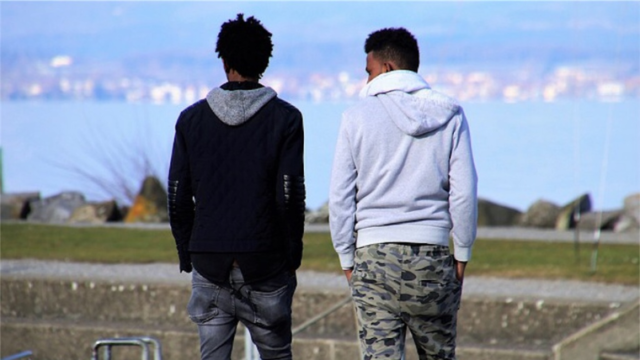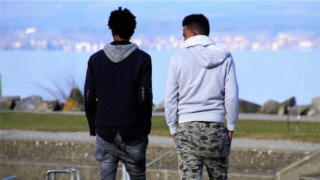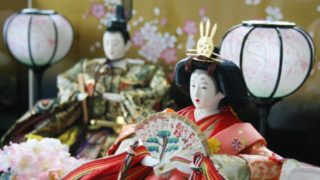
※This article was written on April 8, 2019, but situation remains the same now.
Hello, again. This is BabyJ😊.
Japan’s Cabinet Office has just announced the results of their research on middle-aged recluses.
They’ve estimated that the recluses aged between 40-64 years of age have numbered 613,000. The number was beyond that of the younger generation (15-39 years of age), 541,000.
The research on the middle-aged recluses was the first of its kind, as the issue of recluses has long been considered as the problem of the younger generation.
But the middle-aged recluses have turned out to be the issue that the government should also handle with urgency.
The combined number of recluses for all generations have amounted to way over 1 million people.
What is “a recluse”?

What is “a recluse” in the first place?
The government has defined “a recluse” as a person who has been confined him/herself to his/her own room, rarely going out except for shopping at a near-by convenient store or so on, for more than 6 months.
This doesn’t include a housewife or a househusband.
Situation of Recluses

Among all middle-aged recluses, those who are in their 40s have accounted for the highest ratio of 38.0%, while those who are in their 50s were close at 36.0% and oldest group, 60-64 year olds have accounted for 26%.
In comparison between the sexes, men have accounted for 70% of all the age groups.
The majority have been reclusive for more than 7 years, while, surprisingly, 6.0% have been reclusive for more than 30 years.

What has Prompted Them to Be a Recluse?

So, what prompted them to be a recluse? According to this research, the top 5 reasons are as follows:
| 1. | Resignation from a company | 36% |
| 2. | Problems with human relationship | 21% |
| 3. | Disease | 21% |
| 4. | Inability to adapt to a work environment | 19% |
| 5. | Failure to land a job | 6% |
Some retired from companies they worked for, but many have resigned at much younger age, being unable to adapt to the work environment and/or unable to handle human relationships at work.
Who is Supporting Their Lives

Who is, then, supporting their livelihood?
Surprisingly, 30% are supporting themselves, maybe by their own savings or by earning an income with online work?
This is just my guess, as information for the means in which they earn an income is not available.
It is just that I occasionally come across blogs by the recluses. Sometimes they write about their experiences with online jobs such as writing for a web site or programming.
| 1. | Parents | 34% |
| 2. | Recluse him/herself | 30% |
| 3. | Spouse | 17% |
| 4. | Welfare | 9% |
But the highest ratio is from the support of their parents. These parents provide a living space, meals, necessities and everything to their grown-up child.
The issue 8050

It’s been a while since the social problem called “the issue 8050” has come to the surface in Japan.
“8050” stands for the family situation where an old parent in their 80s, either mother or father, looks after their 50 years old child with their pension income.
In most of the cases, the old parents are ill and weak.
At some point, they won’t be able to look after their child any longer.
Once, there was a sad news report that both an old parent and his/her middle-aged child died with nothing left in their refrigerator and only a few coins in a purse left on the table.
The U.S. Case

I wonder if “8050” is the issue peculiar only to Japan. It seems like it is totally different from the situation in the United States.
Several months ago, I watched the CNN news report about the court proceedings where an old couple in N.Y. sued their 30 years old reclusive son and ordered his evacuation from their house.
They had demanded that their son to find a job and leave home over and over again.
But as he wouldn’t comply with their request and stayed idle, they decided to seek a court order.
The parents won, and the court ordered him to leave their house immediately.
What is the Best Solution?

I wouldn’t say that all American families would have handled the issue in the same way.
But the United States is an individualistic society where you should be responsible for your own life. This is a stark contrast to Japanese society where parents take responsibilities for their child’s whole being.
I am not an expert on social issues, but I would think that it is necessary to put recluses in the situation where they must work for their livelihood.
As long as they can remain in this situation where they don’ t need to work, they will stay where they are.





